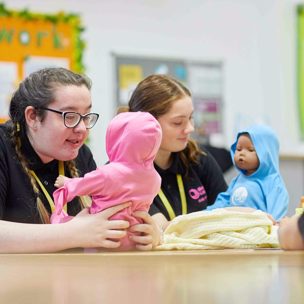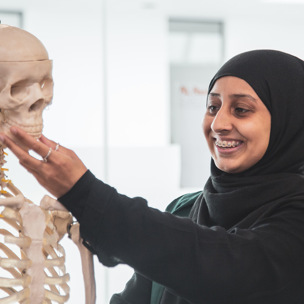Studying early years education at college can be a rewarding and fulfilling experience. Here are some reasons why you should consider studying early years:
Make a difference: Early childhood educators have the opportunity to make a difference in young lives and influence future generations. They can ensure that children get off to a good start in their lives by providing a strong foundation for lifelong learning and cognitive development, early childhood professionals contribute to society by making learning a priority for classes of children from an early age.
Understand child development: Studying early years can provide you with a deep understanding of babies and children from birth to 8 years of age. You can learn about developmental milestones, the early learning process, and how to foster creativity and positive learning experiences through activities such as music, movement, art, drama and outdoor play.
Career opportunities: A qualification in early years can open the door to a variety of career options, such as teaching, social care, psychology, counselling, children’s centres and nursery nursing.
Importance of early childhood education: The first five years of a child's life are pivotal to their long-term success, and early childhood education is an essential building block for a child's future success. Studying early childhood education can help you understand the importance of this critical period and how to contribute to society by making learning a priority for classes of children from an early age.
Hands-on and creative career path: Early childhood education is a very hands-on and creative career path, where you can work with children and their families during their crucial early childhood years. It can be a unique and rewarding profession to work in.
Overall, studying early years at college can provide you with the skills and knowledge to work with children and their families during their crucial early childhood years. It can be a fulfilling and rewarding career path that allows you to make a difference in young lives and influence future generations.













